The Haunting of Hill House is arguably one of the best-written Netflix original shows that produced some of the most riveting characters on television. The series contains a relatively small main cast that focuses entirely on the central Crain family of parents Hugh and Olivia and children Steven, Shirley, Theo, Luke, and Nell.
Though the show traverses back and forth across multiple timelines to occasionally dizzying effect, the characters' journeys still manage to feel incredibly moving and linear. Not a single Crain family member has an unsatisfactory journey and each character is fundamentally changed by the final episode. In many cases, the characters' first lines foreshadow where they end up by the time they utter their last lines.
7 Olivia Crain
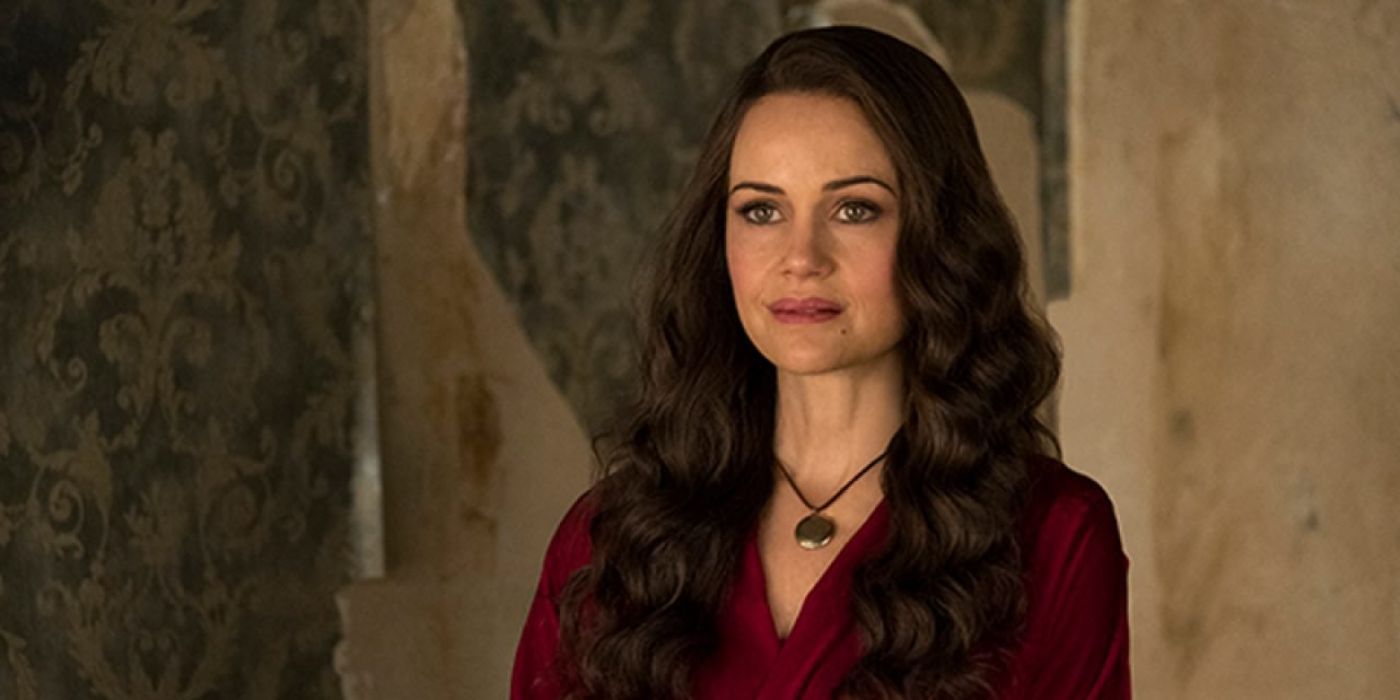
"Everyone alive?" / "Journeys don't end. Not if you love someone. They don't end at all. Isn't that wonderful?"
More than any other character in the series, Olivia's first line uncomfortably foreshadows what happens to everyone in the remainder of the series. In her first scene, Olivia is merely a sleepy mother awoken by her husband returning to bed, playfully asking if "Everyone [is] alive?" after Hugh checks in on their children after a bad dream awakens one of them.
But little does Olivia know that her playful question will soon be all too relevant to the Crain family, and will haunt them for the rest of their days. Olivia, in particular, never makes it out of Hill House alive. In her final chronological moments in the series, she appears as a ghost with her now older husband Hugh, tearfully and poignantly reflecting that "Journeys don't end. Not if you love someone. They don't end at all. Isn't that wonderful?"
6 Shirley Crain
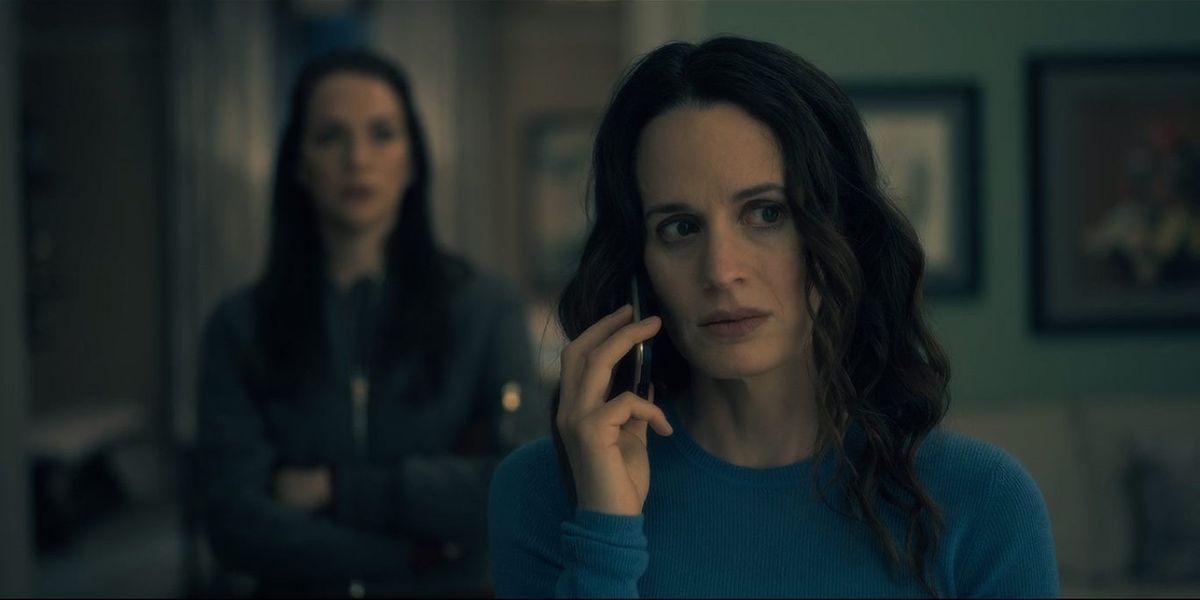
"Dancing in the red room." / "Years ago, six years ago, I went to that conference in Chicago..."
In her first moments, a young Shirley Crain is having a semi-psychic episode in her sleep, muttering about "Dancing in the red room," unaware of the role the red room in Hill House will play in the family's future.
While Shirley struggles to accept the reality of what went on in Hill House, she also has difficulty taking accountability for mistakes she makes in her adult life. In her final moments, Shirley, now comfortable with the uncomfortable truths, begins to make amends for her failings, beginning to apologize to her husband for her past infidelity.
5 Hugh Crain
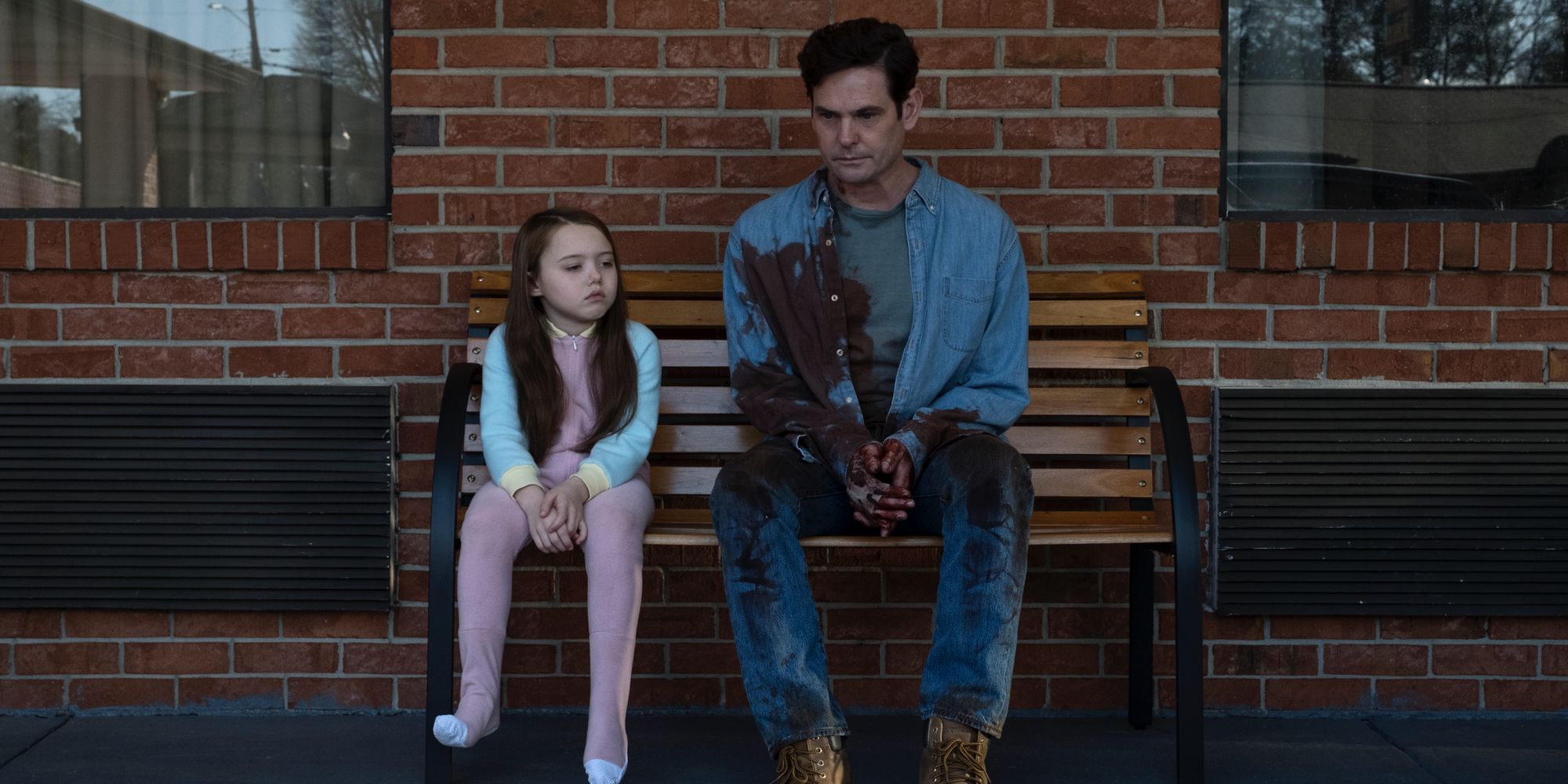
"Oh, her again. Where was she?" / "Take care of each other. And be kind to each other. If nothing else, be kind. I was so lucky to be your dad."
When Hugh Crain first appears in the series, he is a quietly loving and perplexed father tending to his nightmare-stricken daughter, Nellie. He asks her about the creature haunting her dreams with a tired fondness, all too unaware that the ghost will shape his future.
But by the end of the series, Hugh knows the ins and outs of Hill House and its many ghosts better than any other member of the Crain family. Even though he has been haunted his entire life, he makes it clear to his son, Steven, that being the children's father was the most important thing he ever did.
4 Theo Crain
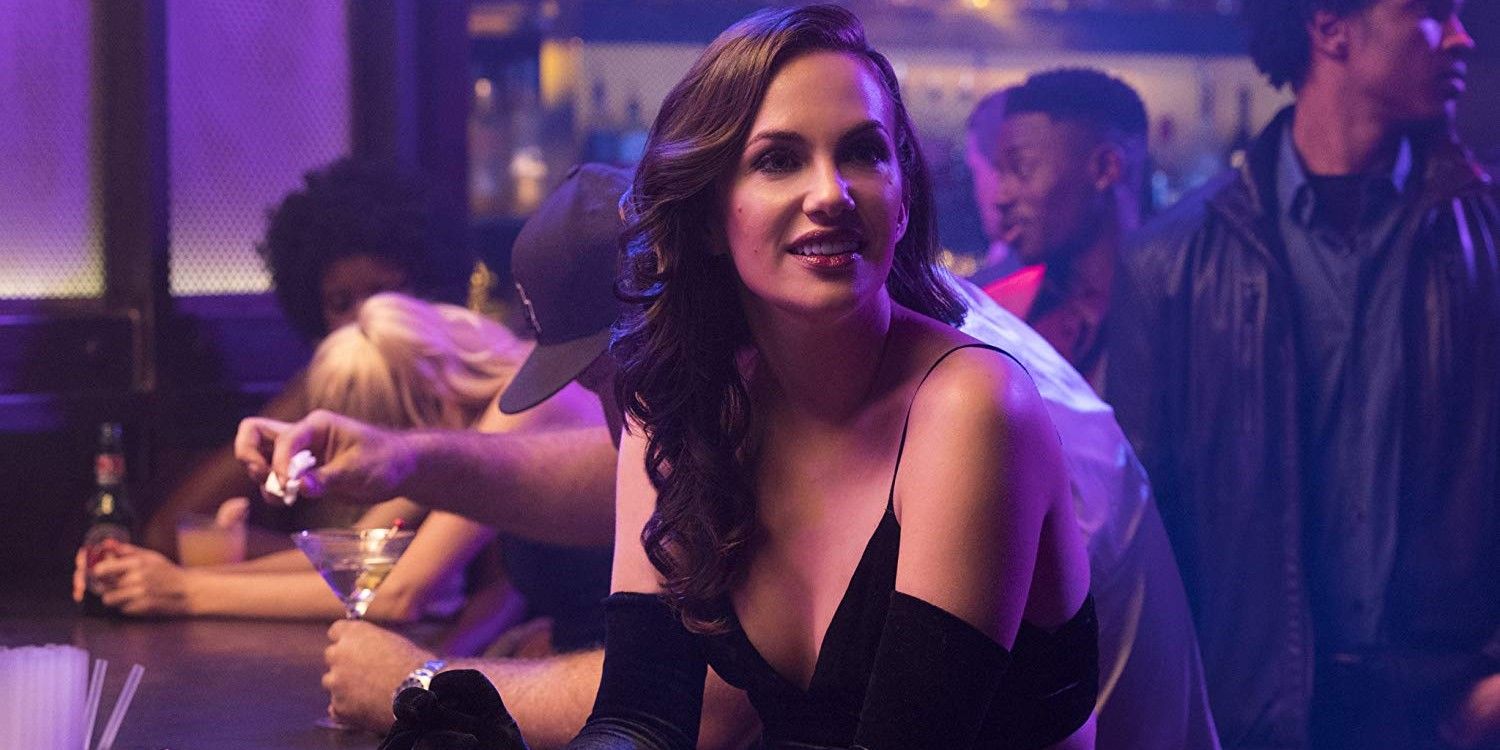
"Should we wake up mom and dad?" / "Yeah, I'm ready."
As the middle child, Theo Crain is one who is often overlooked, and frequently finds her journey written only in relation to her siblings', particularly in childhood. It's no real surprise, then, that her first lines are of concern about her younger sister, and of trying to connect with her parents.
When she grows into adulthood, Theo is more detached from feeling and reality from most of her siblings, due to her decision to cut herself off from her empathic tendencies. But in the series' final moments, Theo has made the decision to feel again, telling her girlfriend Trish that she's ready - not just to leave her current home, but to move on, too.
3 Steven Crain
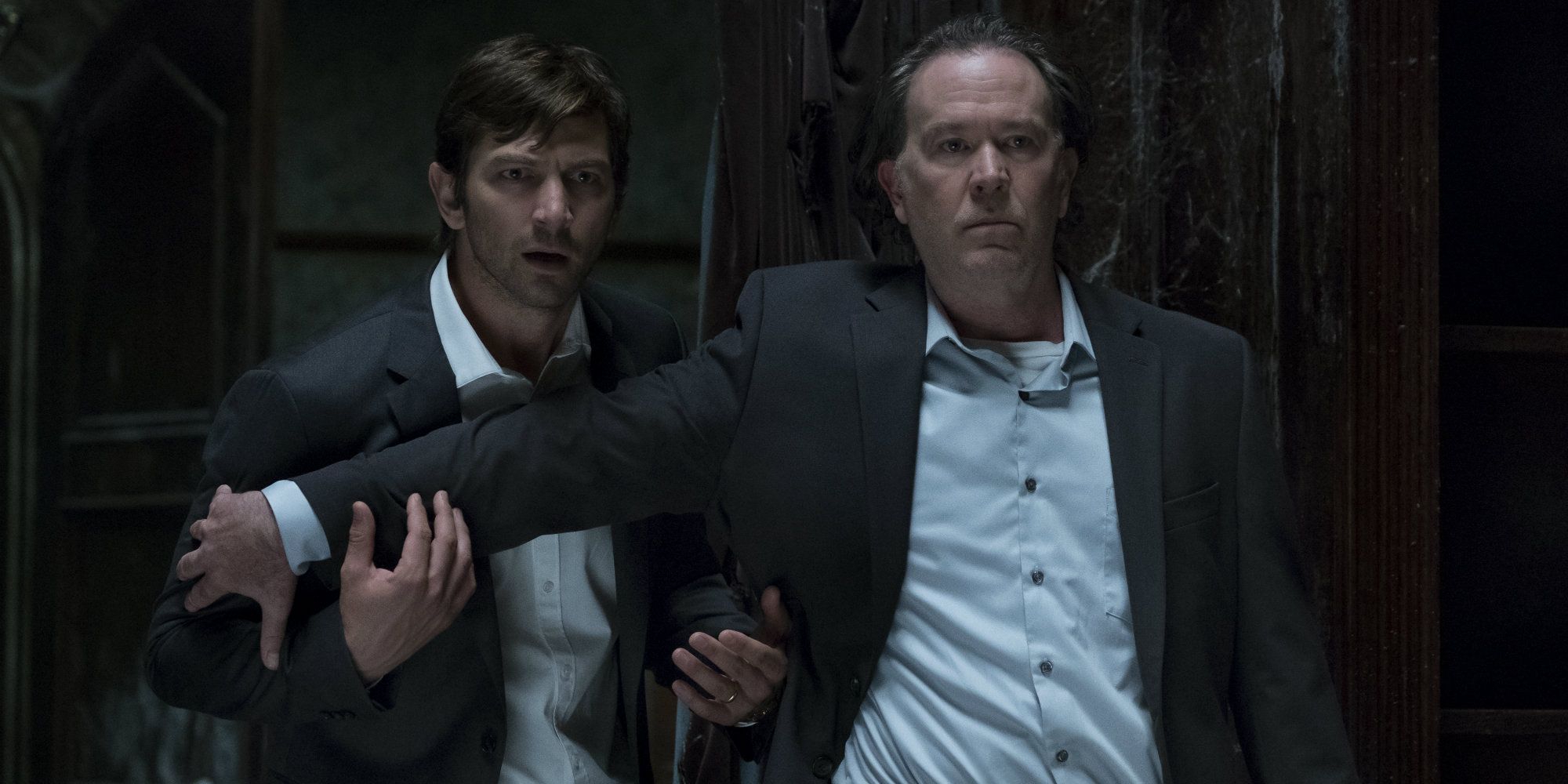
"'No live organism can continue to exist sanely under conditions of absolute reality. Even larks and katydids are supposed by some to dream. Hill House, not sane, stood by itself against its hills holding darkness within.'" / "Silence lay steadily against the wood and stone of Hill House. And those who walk there, walk together."
As the author in the Crain family, Steven is the teller of the tale of The Haunting of Hill House, even directly quoting the original novel in many of his narrations. At the start of the series, Steven is unwilling to accept the reality of what happened in Hill House, even though he profited off the telling of it.
By the end of the series, however, Steven has finally accepted everything that happened to the family at Hill House and now serves as the keeper of its secrets after his father's passing. In his closing narration, Steven changes the famous lines of his Hill House novel, emphasizing that no one who has ever been within the House's walls could ever walk alone.
2 Luke Crain
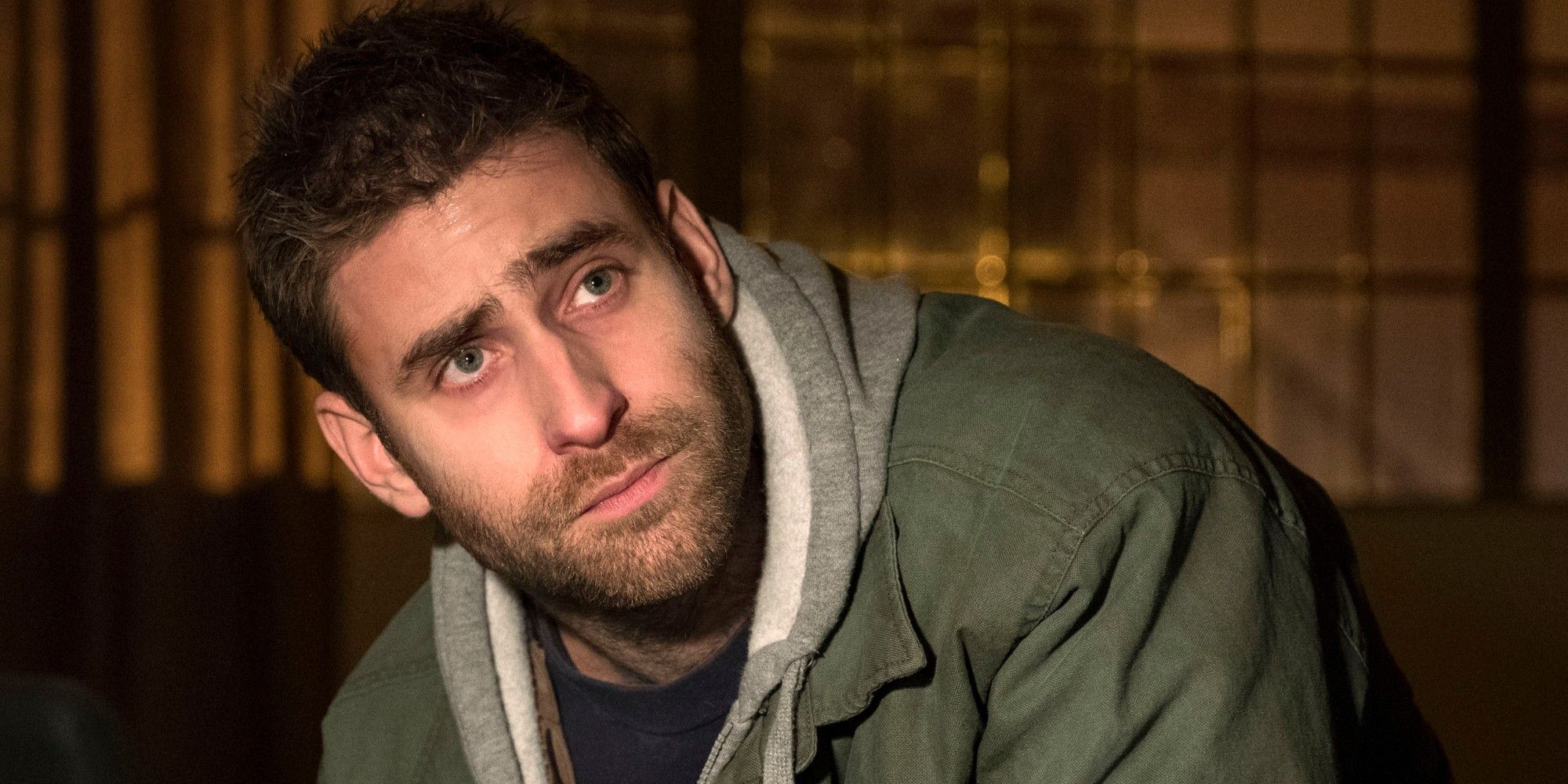
"Because Nellie's awake." / "Once upon a time, the world was just play. And all... all we had... the five of us... All we had was play."
As Nell's twin brother, Luke is one of the most affected by everything that happens at Hill House. From his first lines, it is clear that Luke is intrinsically connected to Nell in every way. When she is awake, he is awake, too. When Nell struggles with her mental health, Luke does, too.
In the final act of the series' last episode, Luke is on death's door and unwilling to carry on without his sister, who lost her life at Hill House. Luke's final lines occur in a scene in which many questions seem as though they will be left unresolved. His words are spoken in a drug-addled delirium, reminiscent of a night when he and Nell almost died in childhood. But later, in a wordless montage, Luke is still shown breaking his addiction and celebrating two years of sobriety.
1 Nell Crain
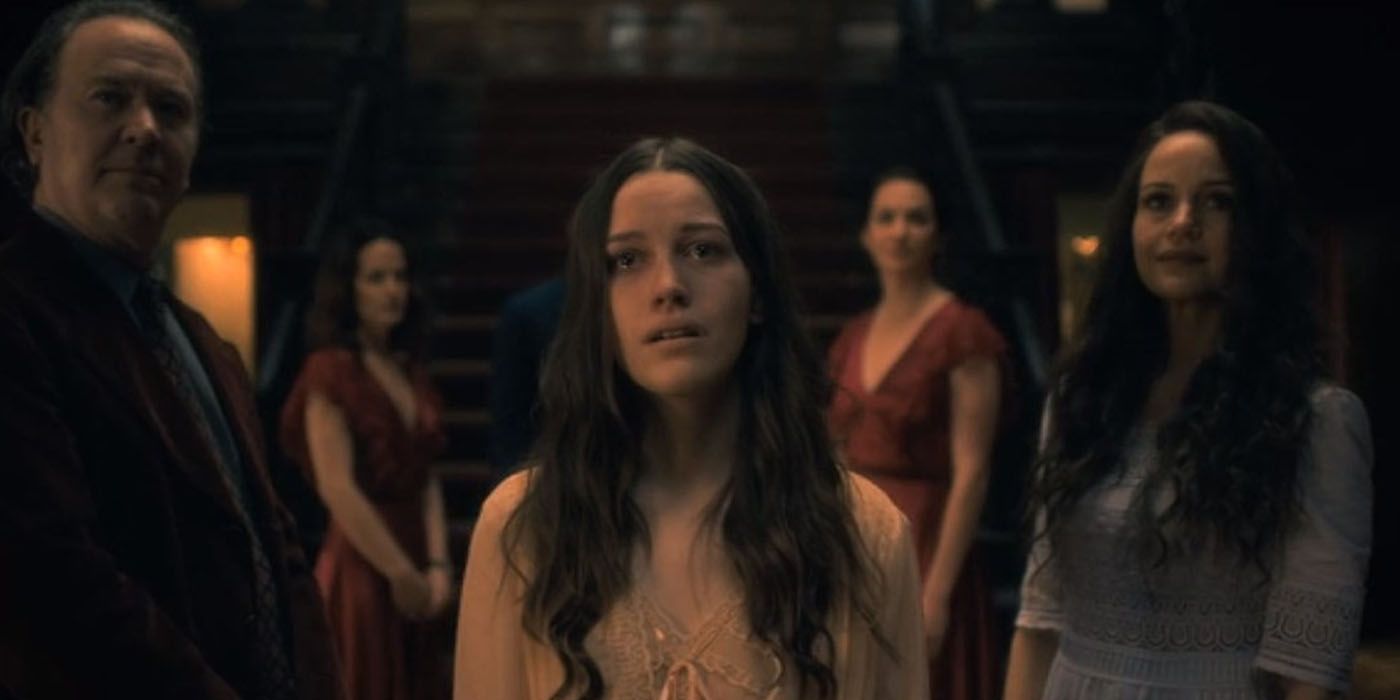
"The bent-neck lady." / "Forgiveness is warm, like a tear on a cheek. Think of that and of me when you stand in the rain. I loved you completely, and you loved me the same. That's all. The rest is confetti."
In a series filled with characters haunted by loss and trauma, it's still absolutely devastating that Nell's first line in the series is all about what leads to her own death. In her childhood, Nell is tormented by visions of a horrific being she calls the bent-neck lady - all while she is unaware of the fact that she is seeing her future self.
In her final appearance as a ghost, however, Nell has transcended to a very philosophical state, finally understanding what family, love, and loss mean. Nell, in her final moments, provides all of the members of the Crain family with the comfort they have been looking for over the last two decades - and she leaves the viewers with a profoundly moving and sad farewell, too.
from ScreenRant - Feed https://ift.tt/3ibzVxp


0 Comments